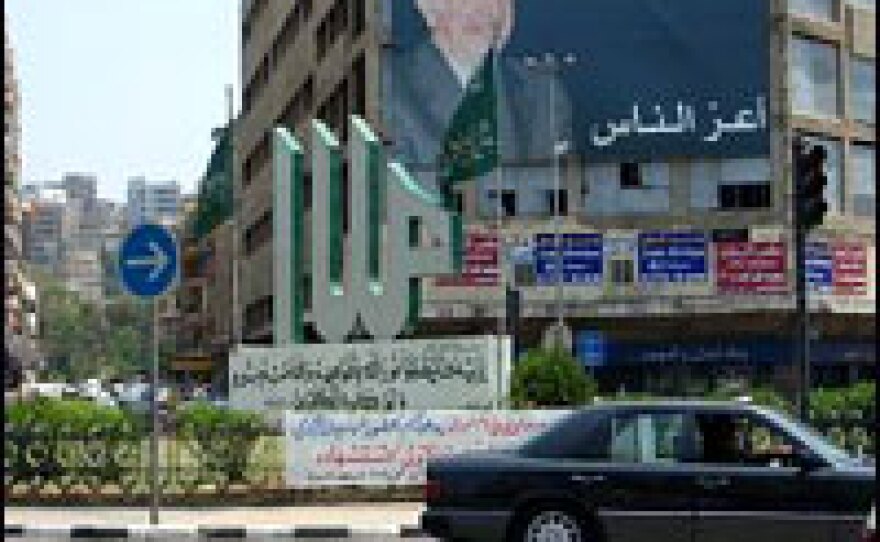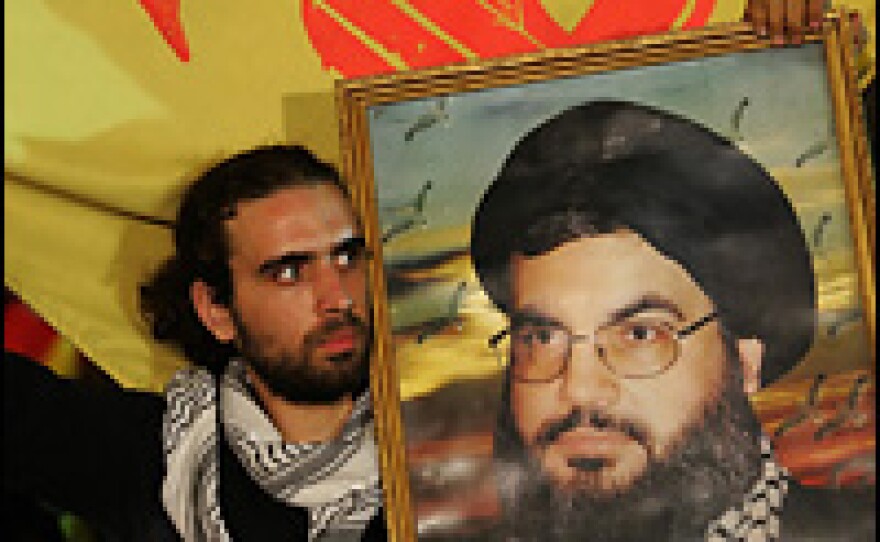
Five years after Sept. 11, Americans have come to believe that political Islam is a danger to the West. President Bush uses the word "terrorist" to define not just al-Qaida, but also Hezbollah in Lebanon and Hamas, the winners of this year's Palestinian elections.
But these political groups are viewed quite differently in the Middle East; they're seen as emerging political forces with street credibility and electoral clout.
Political Islam is a rising tide, embraced by a younger generation who believe the way to good governance is through their religion. They also believe the Bush administration is waging an undeclared war on Islam; the battlefields are Iraq, Palestine and, most recently, Lebanon. These views show up consistently in opinion polls, and in conversations across the region.
The war in Lebanon has strengthened support for Islamist groups, as many Arabs believe that Arab leaders failed to stand up to Israel, while a disciplined Islamist movement inflicted serious damage to the Israeli army.
It is an ideology that has replaced the failed ideas of an older generation, those of Arab nationalism, socialism and, more recently, what is seen as the failure of Iraq's violent experiment in American-style democracy.
Islamist groups are appealing because they offer a clean alternative -- incorruptible, disciplined and efficient -- compared with what many view as the corrupt Arab rule of today.
Still, in most Arab countries, political Islamists are barely tolerated by governments, which block any political success.
What would Islamists do differently than Arab leaders today? The answer is unclear, says Bernard Heykal, a professor of Islamic studies at New York University.
"They have hyperbolic or very impressive statements about what they would do, or what they might do, and how wonderful Islam is," he says, "but don't have a program that will put bread on the table, or provide for basic services and provide jobs for these societies."
Even so, says Heykal, Islamists must be given a chance at power. It could be messy, but he believes it is a Middle East solution not imposed by the West.
"I think the Islamists have to come to power in a major country -- like in Egypt, Syria or Iraq -- and they have to fail before people realize that the utopia is not going to happen through Islamism."
An increasing number of Middle Easterners want to take that chance. The question is whether Arab rulers and the West will let them.
Copyright 2022 NPR. To see more, visit https://www.npr.org. 9(MDAzMjM2NDYzMDEyMzc1Njk5NjAxNzY3OQ001))







